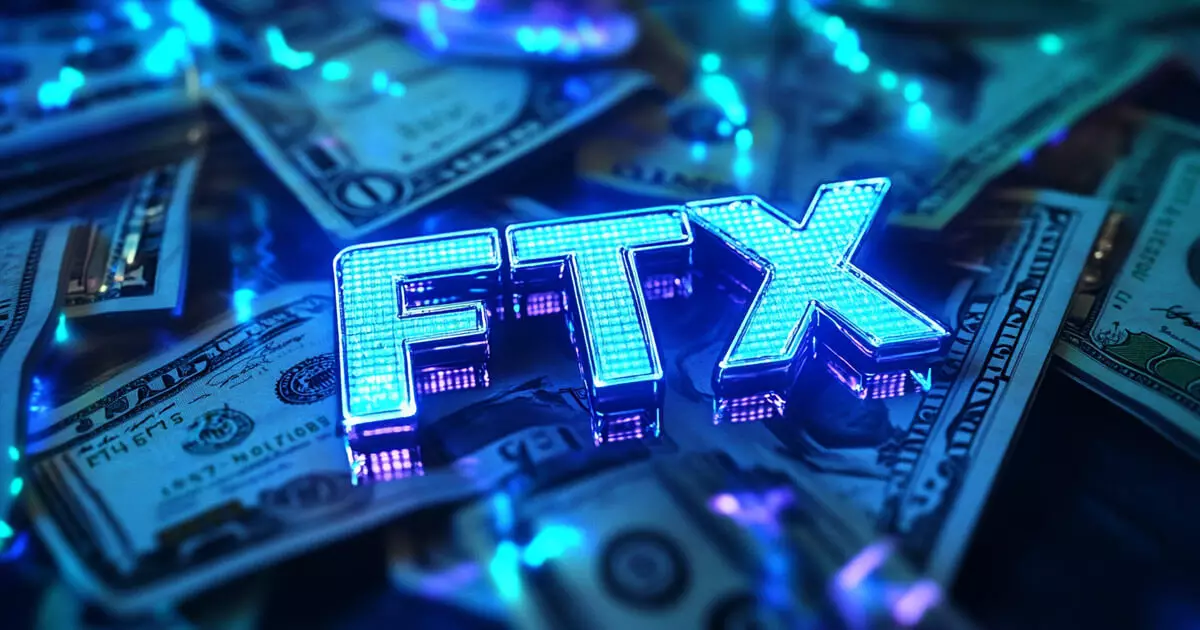The recent developments surrounding FTX, the once-prominent cryptocurrency exchange, have shed light on the complexities of compensating creditors after its devastating downfall. Sunil Kavuri, a spokesperson representing the FTX Creditors’ group, has disclosed that the company is actively assessing various strategies to provide restitution to creditors from several countries, including Russia, China, Egypt, Nigeria, and Ukraine. This revelation is particularly striking as many of these affected constituencies represent a substantial fraction of FTX’s overall user base, yet they remain sidelined in the current distribution framework.
Despite initiating some level of compensation, many creditors from the aforementioned regions find themselves excluded from receiving any funds. Notably, China constitutes 8% of the total claims against FTX,yet these users have not seen any reimbursements. While Kavuri refrained from detailing the specific reasons behind this exclusion, his mention of FTX’s management seeking possible solutions instills a glimmer of hope for those who have been left in the dark regarding their claims. As the bankruptcy proceedings continue, the disparity in treatment based on geographical location raises questions about the fairness and transparency of the compensation process.
The first round of payments for smaller creditors commenced on February 18, targeting those with claims under $50,000. This initial distribution has allowed over 46,000 claimants to receive their much-anticipated funds. As a part of their financial reparation, these smaller creditors were not only reimbursed but also earned 9% annual interest for the time elapsed since FTX filed for Chapter 11 bankruptcy in November 2022. However, the absence of any established timeline for larger creditors, those whose claims exceed the $50,000 mark, leaves many in a state of uncertainty regarding their financial futures. It is anticipated that payments to these higher-claim creditors will begin in the second quarter of the current year.
The stark reality of the situation becomes more compelling when considering the geopolitical factors exacerbating the compensation challenges. Kraken and BitGo, the exchanges acting as distribution channels for these payments, are not accessible to many creditors in the affected countries. Moreover, even those Egyptian creditors who possess accounts with these platforms are still finding themselves ineligible for payments, highlighting that proximity to a platform does not guarantee access to justice in the financial landscape of cryptocurrency.
Lessons from the FTX Saga
Reflecting on the broader implications of the FTX collapse, we are reminded of the significance of accountability, transparency, and security within the cryptocurrency realm. Arjun Sethi, co-CEO of Kraken, recently highlighted the company’s commitment to proving their reserves while emphasizing the importance of these virtues in cryptocurrency operations. The FTX debacle serves as a stark reminder of how quickly fortunes can unravel when governance and ethical practices falter.
As FTX must navigate the turbulent waters of bankruptcy while attempting to compensate its creditors, the ongoing saga illustrates not only the pitfalls of the crypto market but also the dire need for comprehensive regulatory frameworks to protect users globally. The path ahead remains uncertain, yet the lessons learned may shape a more resilient and transparent fintech landscape in the future.


Leave a Reply